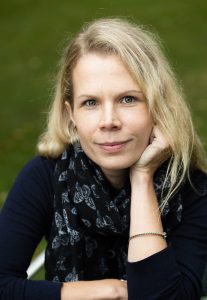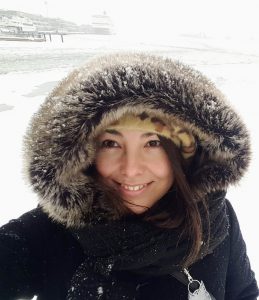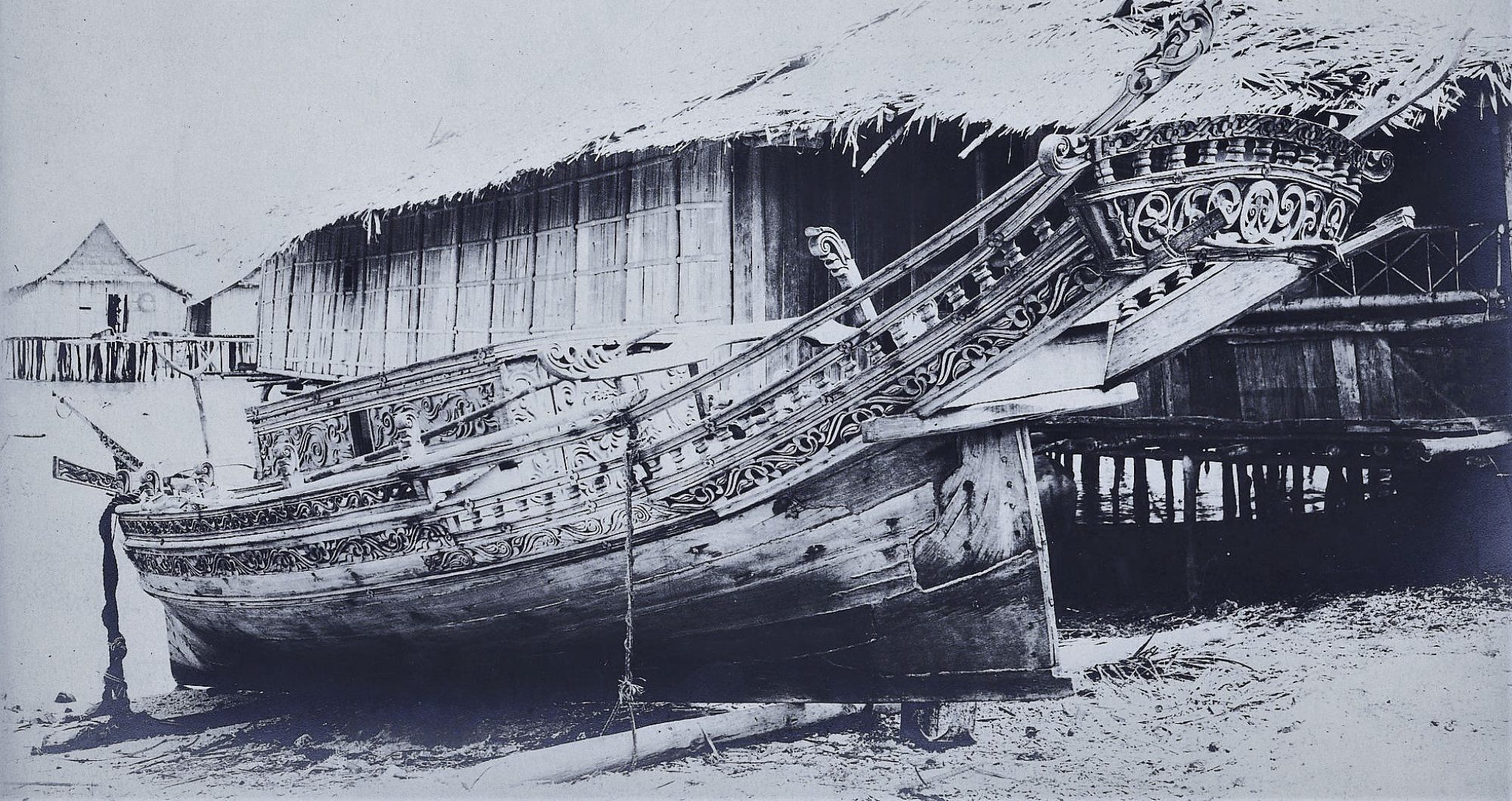Organizing committee
Elisabeth Holmqvist-Sipilä (Helsinki Collegium for Advanced Studies)
Dr Elisabeth Holmqvist-Sipilä holds a PhD  (Institute of Archaeology, University College London), MA and BA degrees in archaeology (University of Helsinki). Her research focuses on ancient craft technologies and mobility of goods and people. Prior to HCAS, she worked at the University of Helsinki as a senior lecturer (2016 – 2017) and Academy of Finland postdoctoral fellow (2012 – 2015). You can follow her research at: https://blogs.helsinki.fi/elisabethholmqvist/
(Institute of Archaeology, University College London), MA and BA degrees in archaeology (University of Helsinki). Her research focuses on ancient craft technologies and mobility of goods and people. Prior to HCAS, she worked at the University of Helsinki as a senior lecturer (2016 – 2017) and Academy of Finland postdoctoral fellow (2012 – 2015). You can follow her research at: https://blogs.helsinki.fi/elisabethholmqvist/
Olesya Khanina (Helsinki Collegium for Advanced Studies & Institute of Linguistics, Russian Academy of Sciences)
Olesya Khanina graduated from Moscow State University in 2002 and received her PhD in 2005 from the same university for a thesis in typology. Since then, she has been involved in documentation of Enets (Uralic, Samoyedic), based at the Max Planck Institute for Evolutionary Anthropology in Leipzig, University of Edinburgh, and since 2015, at the Institute of Linguistics in Moscow. Starting from Enets, she has become interested in the Tajmyr peninsula in the north of Siberia as a linguistic area. Language contact and patterns of indigenous multilingualism in the north of Siberia is her main research area at the moment. Besides, she specializes in Uralic languages, languages of Siberia, language documentation, and corpus-based approach to typology.
Emilia Mataix Ferrandiz (Helsinki Collegium for Advanced Studies)
I defended my PhD in Roman law in March, 2014 (University of Alicante and Facolta di giurisprudenza Palermo) concerning the criminal liability for shipwrecking. I have just finished my second PhD in archaeology concerning the epigraphy of merchandise at the Universities of Southampton and Lyon 2 la lumiere, related to the Portus limen project. My research interest lies on Roman law and especially on its commercial and maritime focus. Moreover, my work is also devoted to examining the ways in which the material of inscribed artefacts provides information regarding their use as objects of communication. I like to connect the materiality of epigraphy of merchandise against the background of Roman law, by shifting the focus from traditional linguistic analysis to the means by which inscribed texts were created, shaped, and used as commercial tools in the different regions of the Mediterranean.
Veronica Walker Vadillo (Helsinki Collegium for Advanced Studies)
Veronica Walker Vadillo is a maritime archaeologist specialized in Southeast Asia working as a postdoc at the Helsinki Collegium for Advanced studies. She recently obtained her doctorate from the University of Oxford, for which she focused on Angkor’s riverine cultural landscape. The thesis analyzed the different ways in which the people of Angkor adapted to their environment in terms of practical usage (i.e., landscapes of communication and transport) and in terms of mind-set (i.e., cosmology and ritual behaviour). For her current position she is analyzing data she obtained during her doctoral studies to determine the role of nomadic fishing communities –present in the Mekong River until the early 20th century– in state development during the Angkor era. Her main interests are maritime ecosystems and trade pulses, that is, the rhythm at which maritime trade happens, in the Southeast Asian branch of the Maritime Silk Road. She actively participates in academic forums like the Asia-Pacific Regional Conference on Underwater Cultural Heritage (APConf) and the International Congress on Underwater Archaeology (IKUWA), and was invited as an expert to the first UNESCO meeting to nominate the Maritime Silk Road as World Heritage.
For further inquiries, please contact the organising committee at:
Veronica Walker Vadillo, veronica.walker@helsinki.fi
For abstract submission, please check the guidelines under the Call for Sessions section and email the proposal to:

